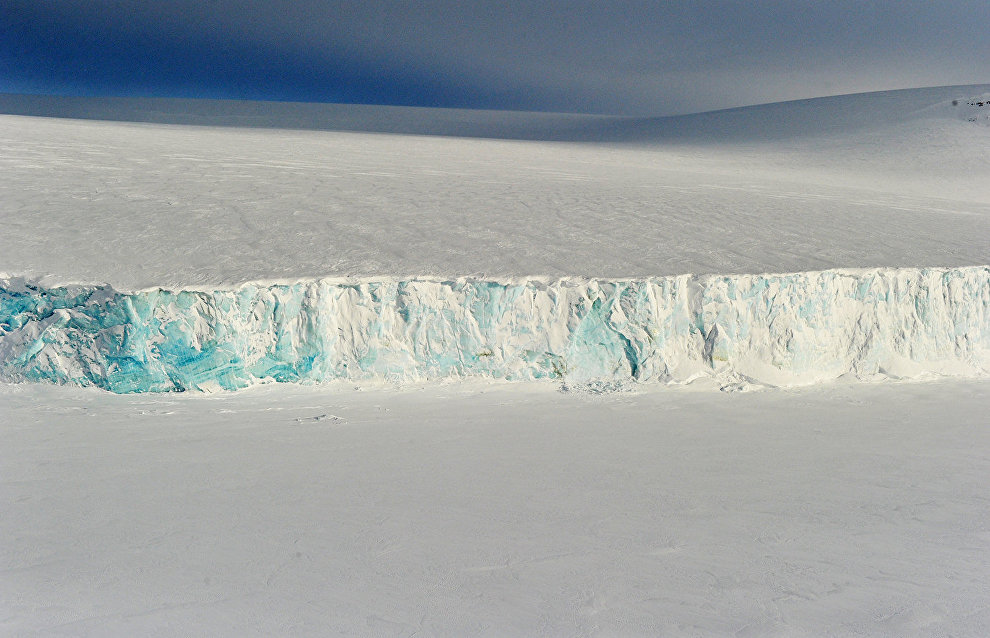Russian researchers call for program on permafrost
Russian researchers have proposed drafting an inter-agency program on Russia's permafrost and maybe even a law on permafrost, Tyumen State University said in a statement. Experts from the Russian Academy of Sciences, as well as research institutions, companies operating in the upstream sector and academia could be invited to contribute to this effort.
"The program must set forth the concept and strategy for a comprehensive region-wide effort to monitor and study the geo-environmental properties of the cryolithic zone on land and in the water areas of the regions that are expected to be developed in the short to medium term, as well as develop and test advanced construction methods. The program will sum up regional experiences and practices in Arctic exploration and development," Vladimir Melnikov, member of the Russian Academy of Sciences, Head of Cryogenic, Biological and Informational Resources Sector at Tyumen State University, said.
He went on to emphasize the need to gradually step up regional and monitoring efforts before economic projects are launched in new Arctic regions. The corresponding government agencies and economic entities will be tasked with overcoming challenges related to developing the cryolithic zone and overseeing efforts to keep permafrost within the environmentally acceptable limits. Accordingly, the Federation Council and the State Duma will deal with the legislative aspects of promoting economic activity in the Arctic and sub-Arctic areas, while the Ministry of Natural Resources and Environment could be tasked with conducting permafrost mapping in prospective regions and territories. The Ministry of Construction, Housing and Utilities could be tasked with summing up economic development practices and monitoring specific facilities, while the Ministry of Education and the Ministry of Higher Education and Science could provide for research and staff training. Land users will be called upon to ensure baseline and facility-level monitoring at all stages, from prospecting to complete land reclamation.
According to Melnikov, it is impossible to assess the impact of major mineral extraction facilities on the overall geological environment using the existing regulations for state environmental and technical oversight. Neither do they provide for assessing the responsibility of designers, builders and operators when minerals extraction harms the environment.
